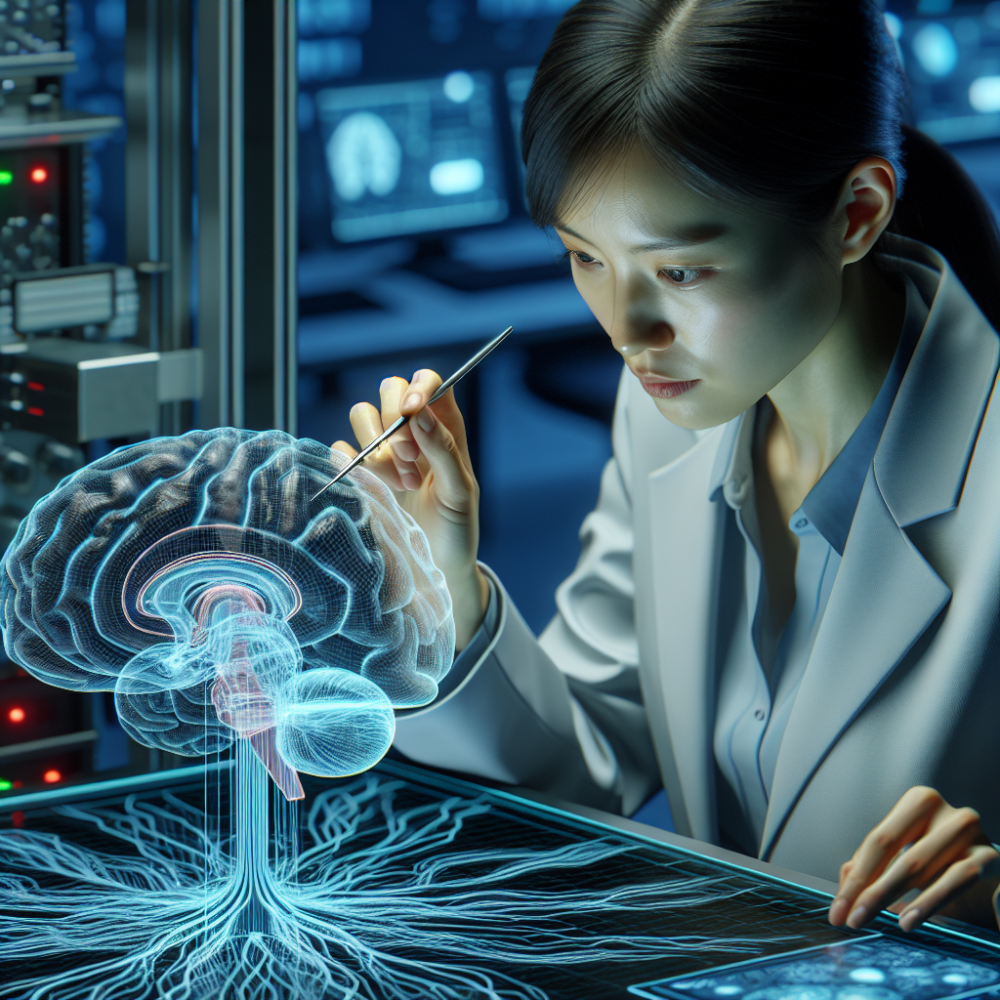Exploring the Frontiers of Cognitive Science

Posted on: Sunday, March 3rd, 2024
The realm of cognitive science and neurological research is rapidly expanding, offering new insights into the intricate workings of the human brain and its myriad functions. This field stands at the confluence of various disciplines, including psychology, neuroscience, and computer science, providing a holistic view of mental functions. Recent advances in technology and methodology have propelled our understanding forward, making it an exciting time for researchers and enthusiasts alike. This guide aims to delve into the top aspects of current research focused on mental function, outlining key areas that are at the forefront of unraveling the mysteries of the mind.
First on the list is the exploration of neural plasticity, the brain's remarkable ability to reorganize itself by forming new neural connections throughout life. This phenomenon underlies learning and memory and is crucial for recovery from brain injury. Advances in imaging technologies, such as fMRI and PET scans, have allowed researchers to observe neural plasticity in action, shedding light on how experiences reshape our brain's structure and function.
Next, the study of neurogenesis presents a fascinating turn in understanding mental function. Long held as a belief that adults could not grow new brain cells, current research shows that neurogenesis occurs in specific areas of the brain, such as the hippocampus, which is involved in learning and memory. This discovery opens new doors for treating neurological diseases and understanding how lifestyle factors like exercise and diet influence brain health.
Another pivotal area is the investigation into the neural basis of consciousness. Scientists are leveraging advanced neuroimaging techniques to explore how consciousness arises from neural activity, aiming to decipher which brain regions are involved and how they interact. This research is crucial for better understanding disorders of consciousness, like coma and locked-in syndrome, and could revolutionize treatments and diagnostics in neurology.
Research into neurodegenerative disorders, such as Alzheimer's and Parkinson's disease, is yielding valuable insights into mental function. By studying the progression of these diseases, scientists are uncovering clues about the brain's aging process and identifying potential biomarkers and therapeutic targets to prevent or slow down cognitive decline.
The role of the microbiome in brain health has also emerged as a significant area of interest. Studies suggest a complex interaction between the gut microbiome and the brain, influencing everything from mood to cognitive function. This research is driving a paradigm shift in how we understand mental health and disease, highlighting the importance of holistic approaches to brain care.
In the realm of artificial intelligence (AI) and machine learning, researchers are creating algorithms that mimic cognitive functions, such as learning and problem-solving. This cross-disciplinary effort not only advances AI technology but also provides a mirror to understand human intelligence and cognitive processes better.
Understanding the mechanisms of sleep and its impact on mental function remains a crucial research area. Sleep affects memory consolidation, emotional regulation, and cognitive performance, with research uncovering the detrimental effects of sleep deprivation on mental health and neurological conditions.
The study of emotions and their neural underpinnings continues to uncover the complex interplay between emotions, cognition, and physical health. By mapping the brain regions involved in emotion regulation and response, researchers are identifying ways to treat emotional disorders and improve psychological wellbeing.
Lastly, the field of computational neuroscience is modeling the brain's networks to simulate its activity and understand mental function. These computational models are invaluable for hypothesis testing and developing new theories about how the brain processes information, learns, and remembers.
As we delve deeper into the intricacies of the human brain, these top ten areas of neurological research are leading the charge in improving our understanding of mental function. Each discovery not only sheds light on the profound complexities of the brain but also paves the way for innovative treatments and interventions for a myriad of neurological and psychological disorders.